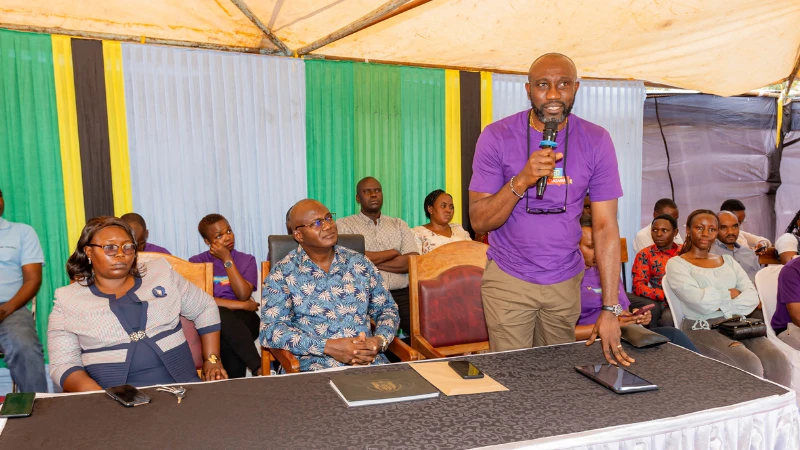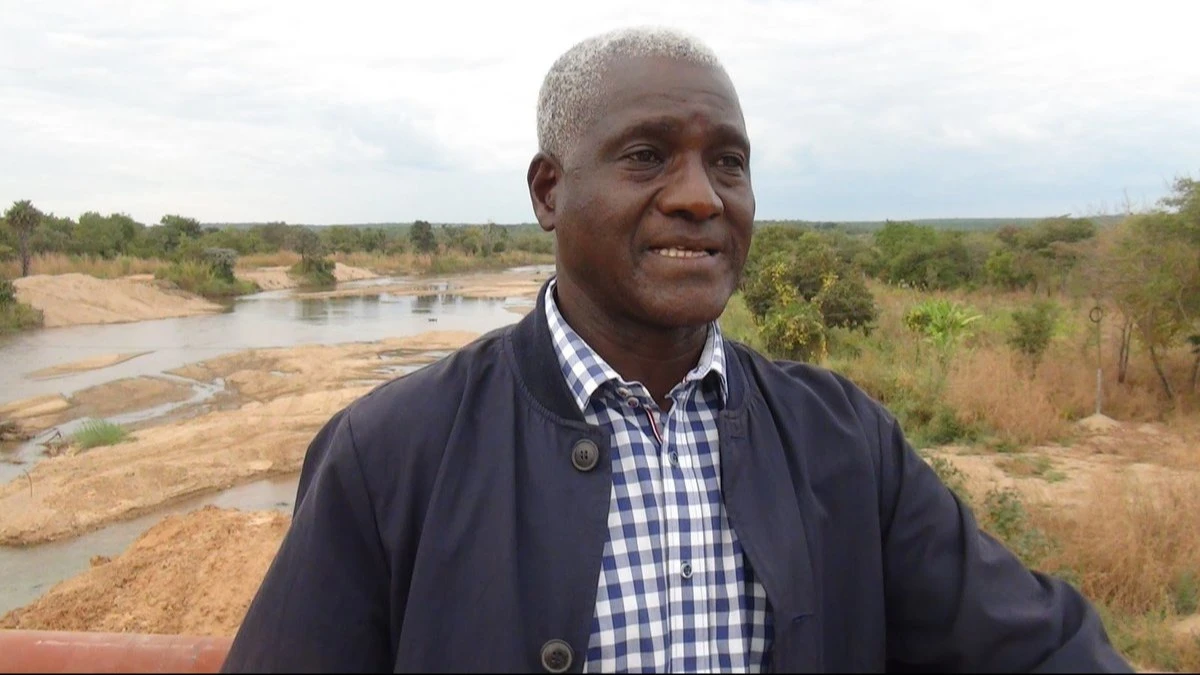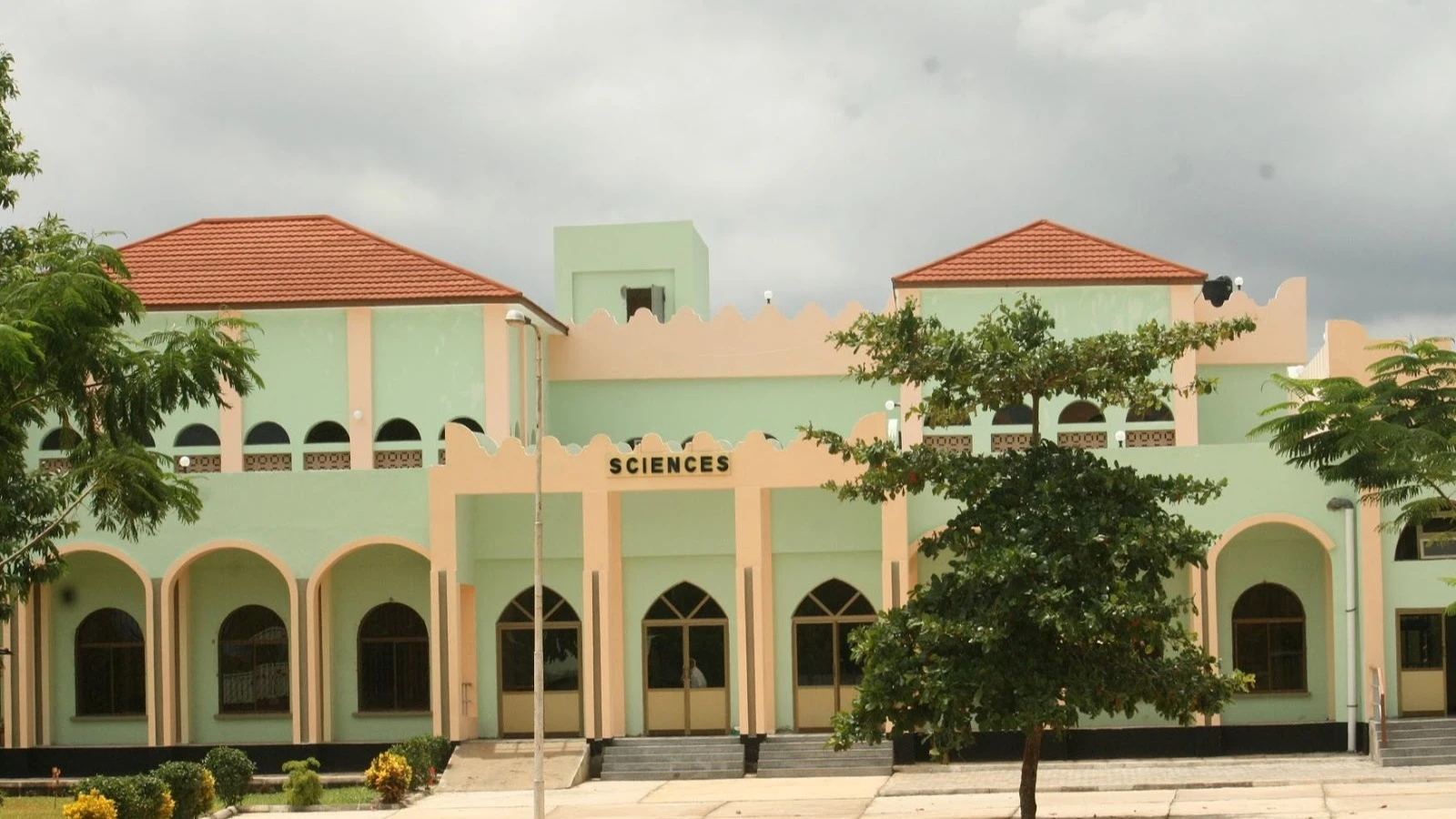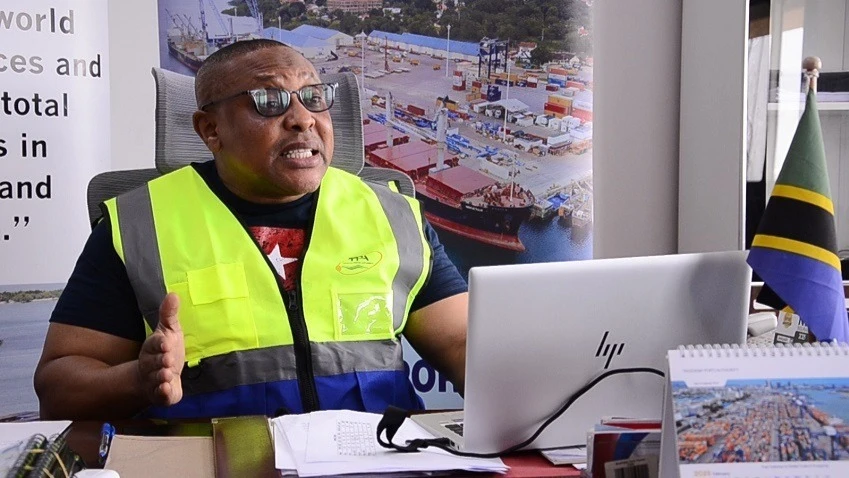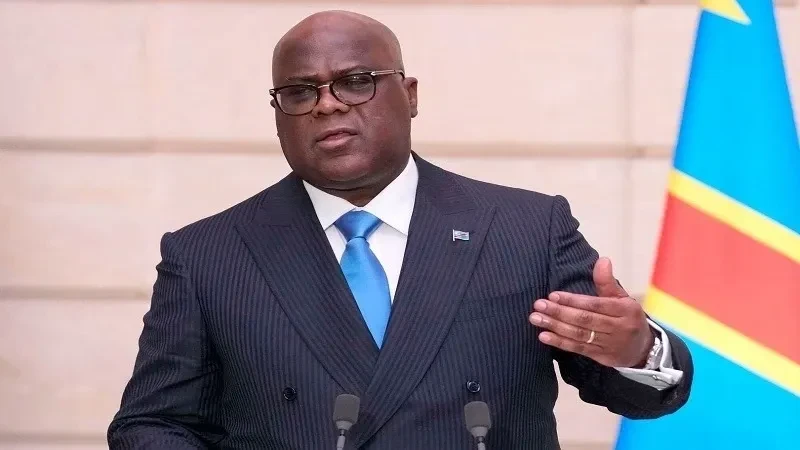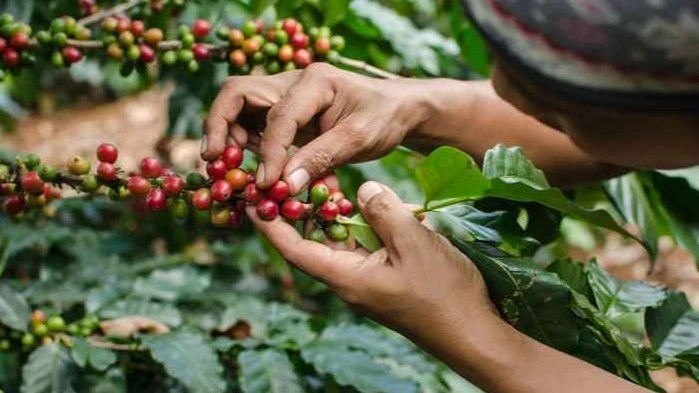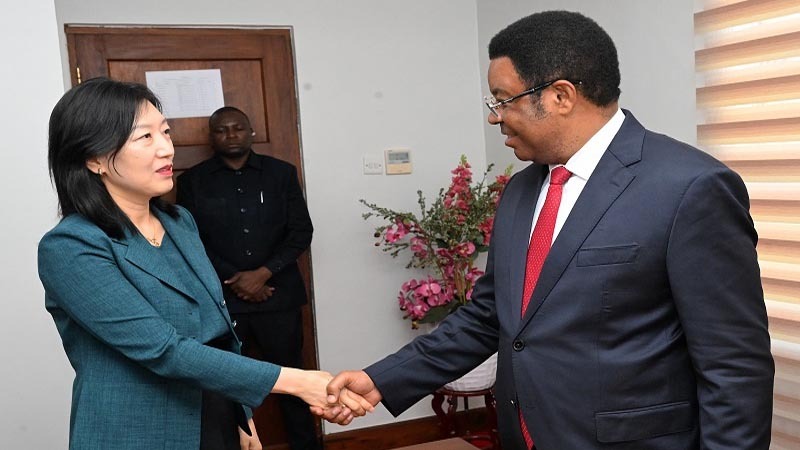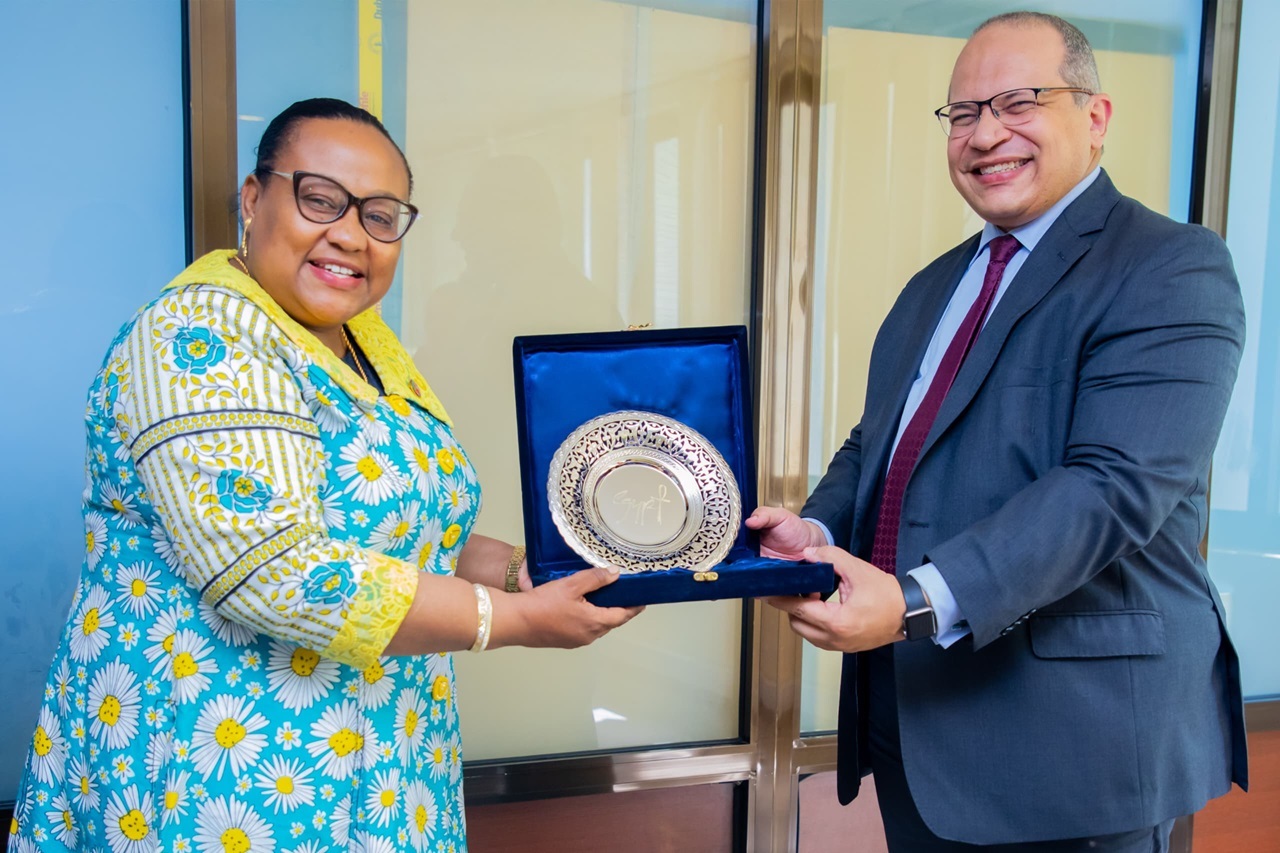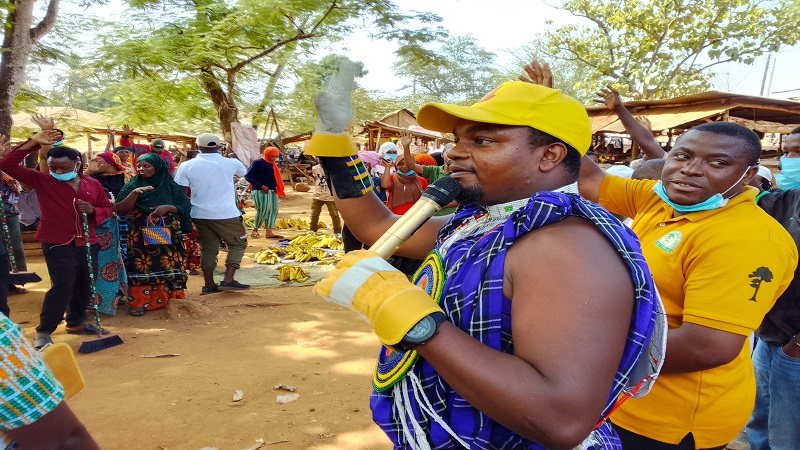Africa wants 50pc of its coffee processed locally
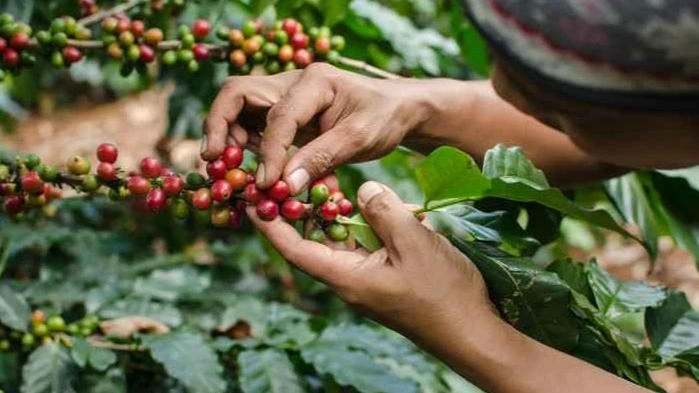
A comprehensive roadmap to vastly increase coffee production and processing across Africa was over the weekend formalized in a declaration at the G25 coffee summit in Dar es Salaam.
Hussein Bashe, the Agriculture minister, presented the declaration and outlined major areas for policy emphasis, where the 25 participating countries seek to rejuvenate the continent’s coffee sector, focusing on creating youth employment opportunities and regenerating the industry.
President Samia Suluhu Hassan, who attended broad sections of the proceedings, later closed the summit, with delegates pondering the commitment for growth, based on investment in research and innovation.
The declaration stresses the development of new technologies, improved agronomic practices and creating resilient coffee varieties to withstand climate change, pests and diseases, the minister stated.
It calls for supporting research in value addition, developing new coffee products and boosting domestic consumption, projecting that by 2035 African countries will be roasting and trading at least 50 percent of the coffee they produce, within local and global markets.
African top agro-sector leaders pledged to adopt advanced technologies across the coffee value chain to improve productivity, efficiency and sustainability, with the host minister urging the African Union (AU) to take up the issues.
It can represent the Inter-African Coffee Organisation (IACO) in negotiations with the European Union (EU) for regulatory changes as the EU prefers to negotiate with individual African countries without involving regional organisations.
The declaration proposes the creation of centers of excellence for coffee and an African Center for Coffee Research to foster knowledge and innovation. Additionally, governments were encouraged to empower citizens to participate in public-private partnerships (PPPs) to drive local investment in coffee value addition.
Wycliffe Oparanya, the Cooperatives, Micro and Small Enterprises cabinet secretary for Kenya emphasized the need to unlock youth employment in the sub-sector. "Africa’s youth is our greatest asset, yet their participation in the coffee industry remains limited due to structural challenges. We must create innovative and sustainable job opportunities across the coffee value chain," he stated.
Temesgen Tiruneh, Ethiopian deputy prime minister whose country leads the continent in coffee output, called for a unified vision for Africa’s coffee future. "Through collaboration, we can enhance the quality of African coffee, strengthen value chains and improve the livelihoods of millions of smallholder farmers," he asserted.
Kyakulaga Bwino, the Agriculture, Animal Industries and Fisheries minister for Uganda, stressed the need for bold leadership and sustained collaboration among AU member states. "Governments must create enabling policies and the private sector, financial institutions and development partners must work together to drive innovation and sustainability," he specified.
Top Headlines
© 2025 IPPMEDIA.COM. ALL RIGHTS RESERVED








